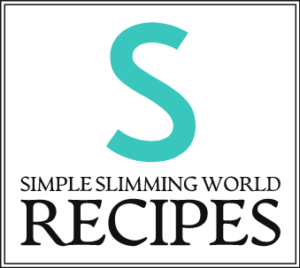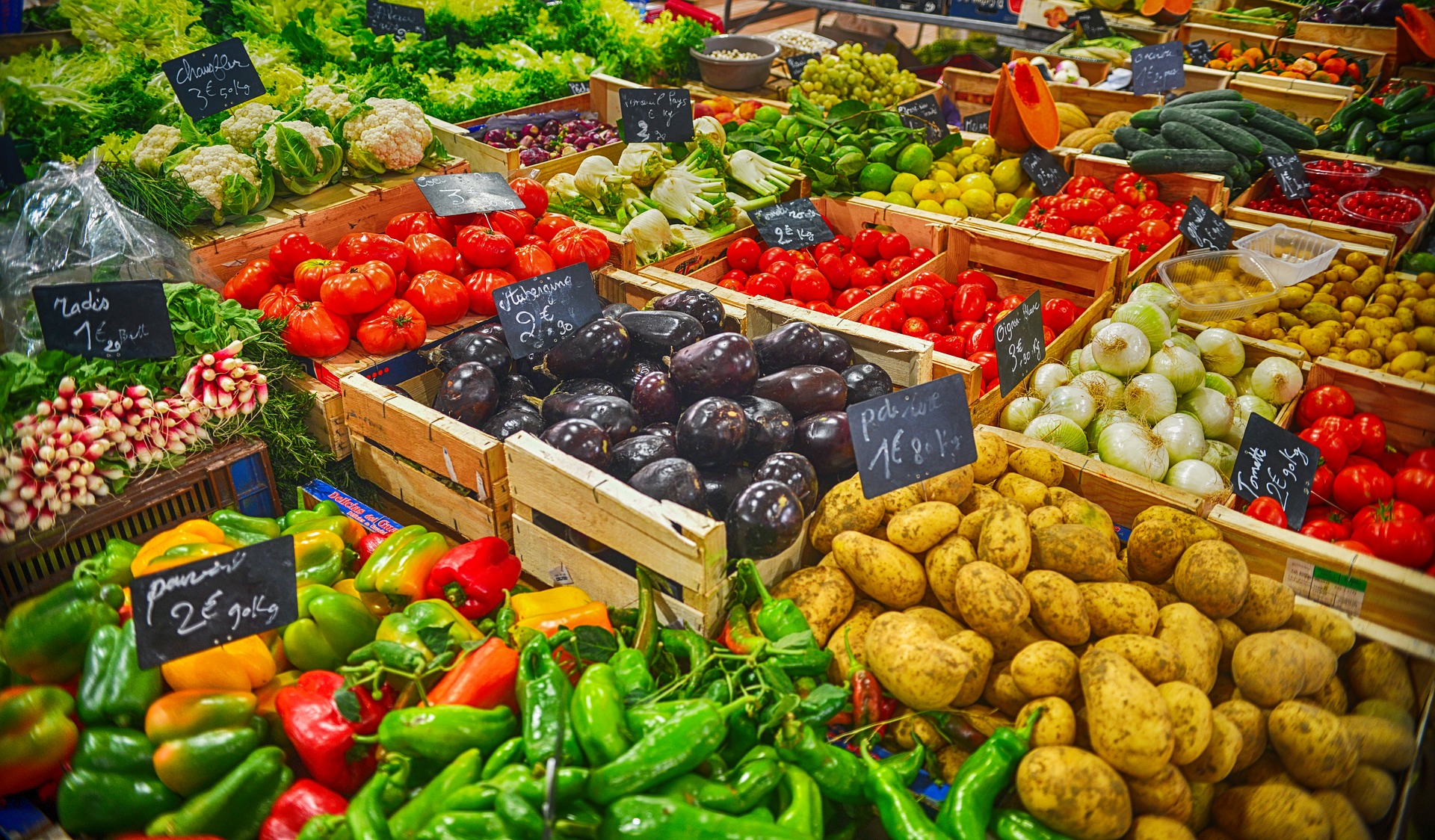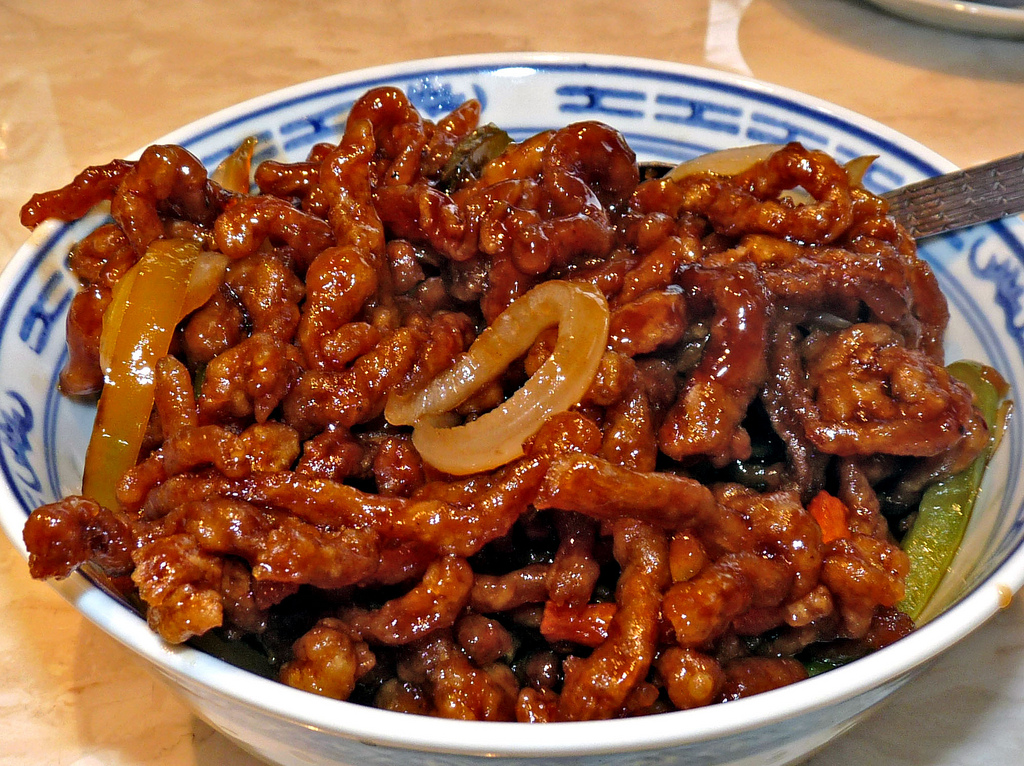Probably the healthiest eating pattern you can follow is that of a vegetarian or vegan. However, people (especially meat eaters) or individuals who tend to like fast food often classify vegetarians, or those who practice the lifestyle, as being frail in frame or anemic.
However, those are just two of the “myth-conceptions” that are perceived by people who are not accustomed to eating vegetarian or vegan cuisine. In fact, many of the vegetables and fruits that are featured in vegetarian menu plans are nutrition-rich and low in calories.
Plant diets offer elite nutrition and a great boon in health effects, such as lower risks for heart disease, cancer, and type 2 diabetes. The Adventist Health Study 2 showed that vegans weigh an average of 30 pounds less than meat eaters do. Eating from the earth has great benefits, and it is important to know the facts and ignore the rumors.
The following myths and facts should assist you in debunking some of the “myth-conceptions” associated with a vegetarian or vegan diet.
Myth 1: Vegetarian Diets Lack Iron, So Vegetarians, And Vegans Are Often Anemic
Fact: The vegetarian or vegan diet features such iron-rich, anemic-unfriendly foods as mushrooms, dried apricots, dark green leafy vegetables, beans, and peas.
Myth 2: Vegetarians Do Not Get Enough Protein
Fact: Many vegan foods, such as beans, and whole grains provide ample protein.
Myth 3: You Cannot Follow a Vegetarian Diet When You are Pregnant
Fact: Pregnant women find a vegetarian diet the best way to provide nutrition for their unborn baby and lose any extra pounds after giving birth. Not only do fruits, legumes, grains, and vegetables provide plenty in the way of iron and calcium, they also supply fiber, which cuts down on the digestive discomfort associated with pregnancy.
Myth 4: You Cannot Follow a Vegetarian Diet if You are Involved in Sports
Fact: Many athletes successfully follow a vegetarian diet and obtain quality protein for muscles from foods such as beans, grains, tempeh and soy products, which provide just as much protein as animal products.
Other foods that increase endurance and keep athletes lean and mean include peanuts, walnuts, pistachios, raisins, cheese, eggs, sesame, sunflower, and pumpkin seeds, black beans, lentils, and chickpeas. Quinoa is an excellent source of nutrition and protein.
Myth 5: It’s Hard to Get Kids to Follow a Vegetarian or Vegan Diet
Fact: Some of the foods that are featured in vegetarian or vegan fare includes peanut butter, popcorn, and a variety of delicious fruits, such as strawberries, mulberries, kiwi, grapes, apples, oranges, and pears. Tacos, wraps, and smoothies are vegan and vegetarian foods that are tasty and nutritional. Most kids will not turn down these healthful and delicious foods.
Myth 6: Switching to Vegan or Vegetarian Eating is Difficult
Fact: You don’t have to make a significant switch to a vegetarian or vegan lifestyle as adapting to one can, in time, become quite easy. Make a few changes to begin, and then keep adding until animal products are completely eliminated.
For example, you might try making tacos with black beans instead of meat. You can eliminate meat or chicken from stir-fry. Progressive changes will help you make a switch that is as successful as it is healthful. Mushrooms are hearty and make a great main dish. Veggie burgers, tofu sausage, Tempeh bacon are all tasty vegetarian foods.
Myth 7: Vegetarians Do Not Like To Use Any Animal-based Products
Fact: Vegetarians are simply avoiding meat to eat more healthily. They often do not mind using such animal by-products as wool or leather. Vegans, on the other hand, usually have given up both meat and animal derivatives. Generally, vegans do not support the use or consumption of any animal-derived products, including, honey, and wool, silk and leather. Veganism is more of a philosophy than a diet.
Myth 8: Vegetarians and Vegans Often Need to Include Supplements in their Diet
Fact: The only supplement that is needed to support a vegan diet is B-12, which is found only in red meat, fish, dairy, and eggs. Otherwise, vegetarians and vegans get plenty in the way of all the required vitamins (B-grouping, A, E, C) through grains, vegetables, legumes, and fruits. Many vegetarian and vegan foods are also rich in iron and calcium.
Article Source: http://EzineArticles.com/9038240









